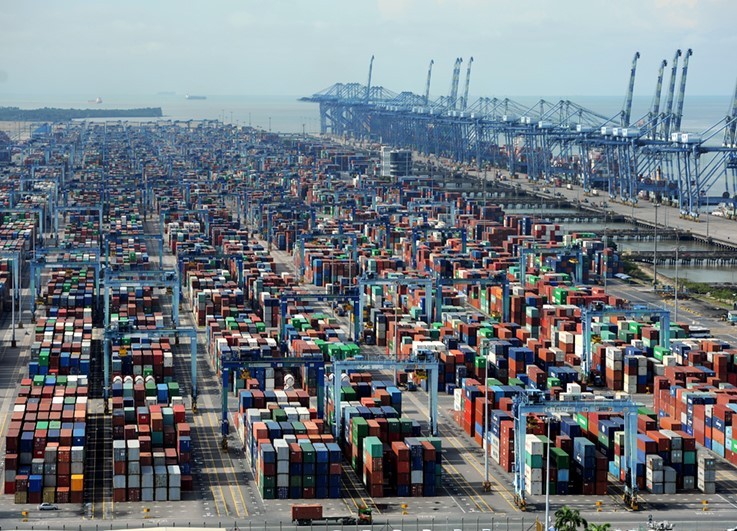
The Federation of Malaysian Manufacturers (FMM) is advocating for the acceleration of the Comprehensive and Progressive Agreement for Trans-Pacific Partnership’s (CPTPP) implementation.
FMM president Tan Sri Soh Thian Lai said the implementation will improve market access, expand exports, increase economic activity and enhance employment for small and medium enterprises (SMEs).
“The FMM is a strong advocate of the partnership, which we view as one of the more important new free-trade agreements (FTAs) expected to provide competitive edge over our regional competitors and build investor confidence in Malaysia,” he said in a statement last Friday.
According to findings from the FMM-Malaysian Institute of Economic Research Business Conditions Survey of the first half of 2021, 54% of respondents chose market expansion as the most popular business strategies in the next six months.
Soh said as such, the FMM firmly believes that the partnership will contribute significantly towards improving market access, expanding exports, increasing economic activity and enhancing employment, especially as a critical trade tool to address the unprecedented challenges posed by Covid-19.
“In this regard, we urge the government to accelerate the ratification process and proceed with the implementation of the CPTPP at the earliest possible, so Malaysia and its manufacturing sector, particularly SMEs, could optimise the lead time in securing markets ahead of the other competing signatories,” he said.
In Malaysia, micro, small and medium enterprises (MSMEs) make up 98.5% of business establishments with a high share of employment at 48% and 18% contribution to total exports.
The government’s target is for SMEs to achieve over 40% of the sector’s contribution to GDP, 62% of employment and 25% of total exports.
Soh said this achievement would be possible via opening of new export markets and FTAs through the partnership.
“The CPTPP is among the first FTA to have a separate chapter on SMEs to ensure the protection of SMEs in participating countries.
“The dedicated SME chapter in the partnership is designed to support the growth and development of MSMEs by enhancing their ability to participate and benefit from the agreement,” he said.
He added that other chapters in the partnership, which also advance the SME-related growth, include the cooperation and capacity building chapter, addressing the special needs of the companies.
“Provisions in this chapter allow the governments to take necessary measures in enhancing the capacity of local SMEs to take advantage of the agreement.
“In the Malaysia-Japan Economic Partnership Agreement for instance, Malaysian industries have clearly benefitted from roving experts and industrial training programmes in the plastics, metal and automotive sectors,” he said.
He added that cooperation programmes can be incorporated into the partnership to assist SMEs in specific businesses.
“Provision of consultants to promote the export capability of SMEs, including industrial attachments and training for the staff of SMEs, will further enhance bilateral relations in the spirit of the FTA,” he said.
The CPTPP is expected to create advantageous conditions for SMEs by eliminating tariffs on 96% of current Malaysian exports to other countries involved.
Subsequent to the removal of tariffs, the CPTPP offers a single set of high-standard rules for trade across the Asia-Pacific region, making trade more predictable, transparent and accessible. Soh said this will further encourage SMEs to tap into the supply chains of other CPTPP members when sourcing material to create their products.
“Conversely, this will also provide opportunities for Malaysian SMEs to supply goods such as parts, components and inputs for global supply chain and involve in domestic supporting services.
“In addition, the agreement also seeks to promote fair business practices and thus will help create a level playing field,” he said.
The CPTPP also has a chapter on e-commerce, in which member countries agreed on a set of rules to facilitate economic growth and trade opportunities.
“These rules will also address the latest barriers to electronic trade which will build trust and confidence in the use of e-commerce, particularly when it is the trend during the Covid-19 pandemic,” he said.
Source: https://themalaysianreserve.com/2021/05/31/fmm-advocates-accelerating-cptpp-ratification-implementation/

